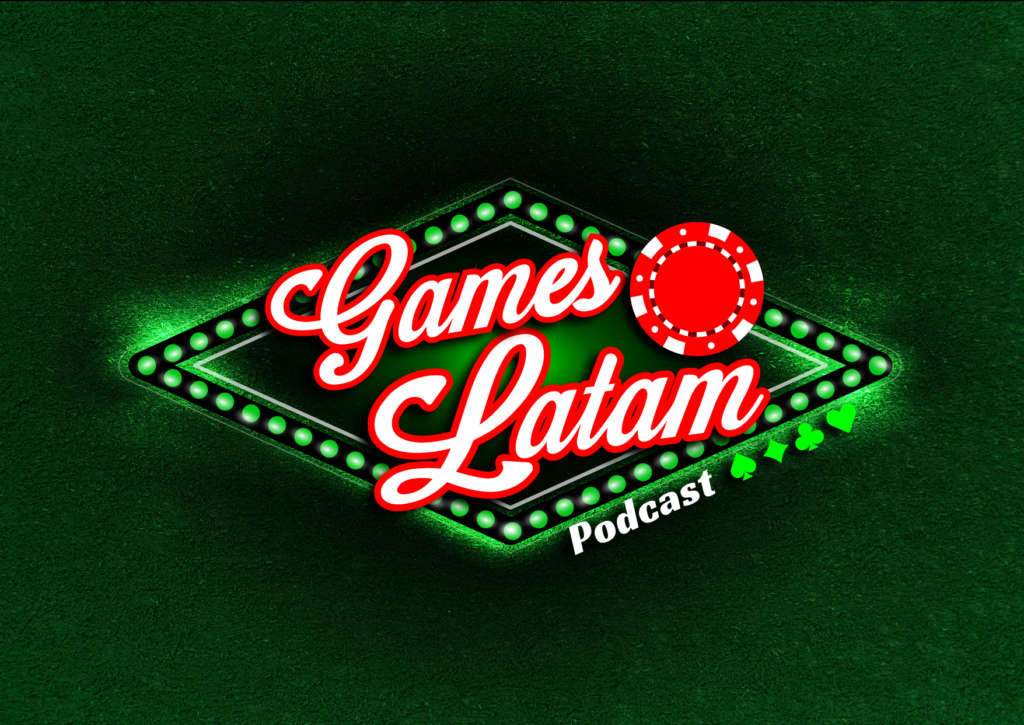The Dutch Gambling Act has come under fire in a recent government review, which highlights significant gaps in player protection and responsible gambling measures. Despite regulatory efforts, the report concludes that the Act has fallen short of its objectives to foster a safe, sustainable gambling market. With weaknesses in addiction prevention, enforcement, and oversight, the review calls for stronger measures to protect vulnerable players and improve oversight of the licensed market. As the Netherlands navigates the challenges of gambling regulation, these findings underscore the need for immediate action to uphold consumer safety and combat the grey market.
Dutch Gambling Act Review Urges Better Player Protection and Responsible Gambling Policies
The Dutch Gambling Act, enacted in 2021 to regulate the country’s online gambling market, has recently undergone a three-year review, revealing significant shortfalls in player protection and responsible gambling measures. The review, mandated by Dutch law, examines the Remote Gambling Act and its effectiveness in building a safe and controlled gambling environment. However, the findings suggest that the Act has yet to achieve its core policy goals, and urgent adjustments are required to align it with the Netherlands’ original intentions for a sustainable and safe gambling market.
Key Findings of the Dutch Gambling Act Review
- Insufficient Responsible Gambling Measures
The review heavily criticizes current responsible gambling measures, highlighting gaps in support for vulnerable players. It notes that placing the duty of care on operators, who face commercial pressures, has led to inconsistent application of player protection. This has resulted in ineffective enforcement of deposit and spending limits. According to the review, leaving responsible gambling in the hands of operators has proven “naïve,” as these entities are financially motivated to retain players, which can conflict with effective oversight. This structure has led to inadequate protection, especially for young adults and new players. - Underutilization of Addiction Prevention Resources
The review identifies that addiction prevention resources mandated by the Act are underused, affecting the overall player protection landscape. Specifically, the report calls attention to the lack of sufficient communication on addiction prevention. The review praises the Addiction Prevention Fund (VPF) and national self-exclusion scheme Cruks but notes that these are “partially sufficient” and require further refinement. These programs, while helpful, are not enough to meet the needs of high-risk individuals, who may be unaware of available support tools due to limited outreach and inadequate promotion by operators. - Challenges in Enforcing Consistency and Combatting the Grey Market
One of the primary concerns in the review is the failure to enforce uniform standards across the gambling market, particularly in combatting grey market activity. While Kansspelautoriteit (KSA), the Dutch regulatory body, reported a channelisation rate of 95%, actual consumer spending suggests a rate closer to 87%, indicating a significant grey market presence. The review calls for enhanced enforcement tools to address illegal operators effectively. Many unlicensed gambling providers operate outside the Netherlands, making regulation difficult. To combat this, the review advocates for more coordinated efforts to ensure consistency across all sectors, reduce attractiveness of unlicensed offerings, and ultimately enhance player safety.
Concerns Over Casino Advertising and Match-Fixing
The review also raises concerns regarding advertising and match-fixing. Despite a ban on untargeted gambling advertising, there are worries that some advertisements still unintentionally reach vulnerable groups, contributing to excessive gambling. Meanwhile, although the Act places emphasis on combatting match-fixing, this issue persists. The review attributes this to a lack of comprehensive information sharing between sports associations and regulatory bodies. However, match-fixing is not considered widespread in the Netherlands, although vigilance is necessary to maintain integrity in sports betting.
Future Directions and Recommendations
While the review underscores the need for reform, the Netherlands’ coalition government has not yet prioritized extensive regulatory changes. Instead, it recommends a single, comprehensive update to the Act, which would be more effective than piecemeal amendments. Going forward, Secretary of State for Legal Protection Teun Struycken has pledged to assess options for reinforcing licensees’ duty of care through policy changes or ministerial regulations rather than altering the law. This could involve discussions around potentially restricting “high-risk” products, such as online slots, within the current legal framework.
The Dutch Remote Gambling Act review sends a clear message: more robust player protection and responsible gambling measures are urgently needed to meet the Act’s original goals. While there have been positive strides, such as the establishment of Cruks and VPF, the Act still requires improvement to effectively support vulnerable players and combat the grey market. With the government considering further enhancements, this review lays the groundwork for stronger protections in the Dutch gambling landscape, ensuring that the Act delivers a safe and fair environment for all players.
The post Dutch Gambling Act Review Criticizes Shortfalls appeared first on Gamingo News.
The Dutch Gambling Act has come under fire in a recent government review, which highlights significant gaps in player protection and responsible gambling measures. Despite regulatory efforts, the report concludes that the Act has fallen short of its objectives to foster a safe, sustainable gambling market. With weaknesses in addiction prevention, enforcement, and oversight, the
The post Dutch Gambling Act Review Criticizes Shortfalls appeared first on Gamingo News.
Participe da IGI Expo 2026: https://igi-expo.com/












